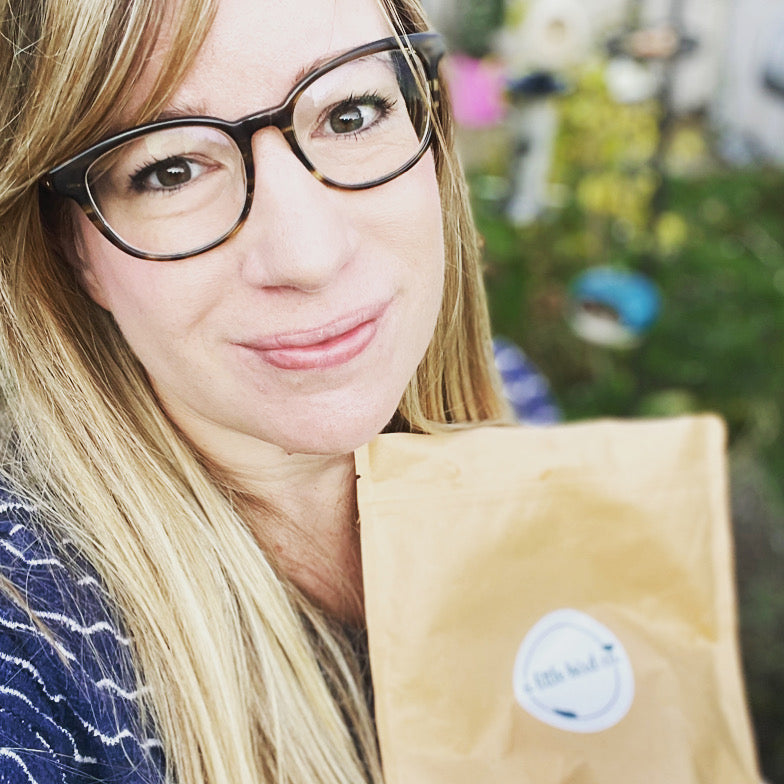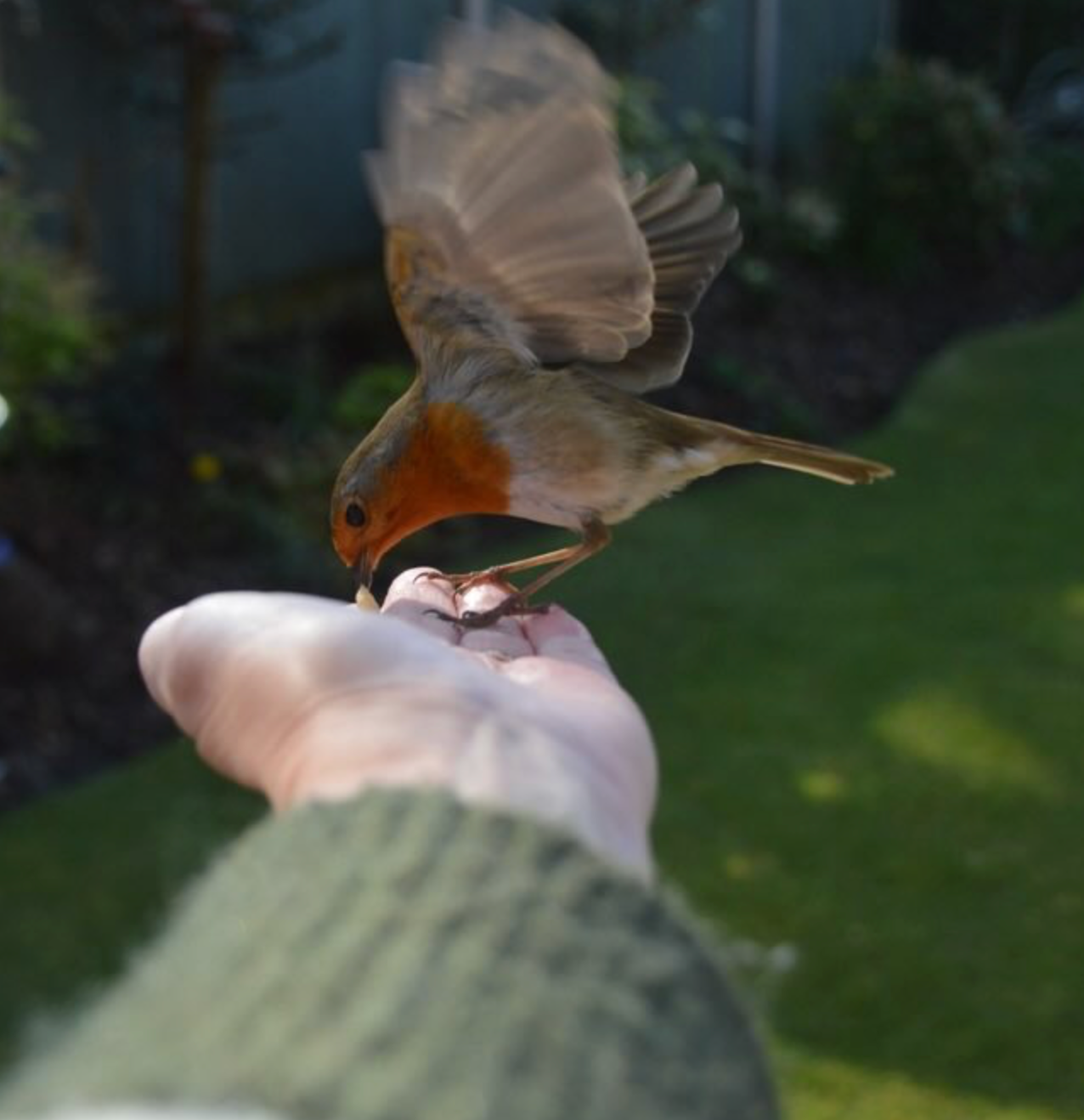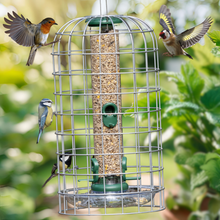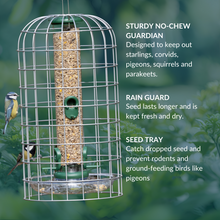How to design a wildlife friendly garden
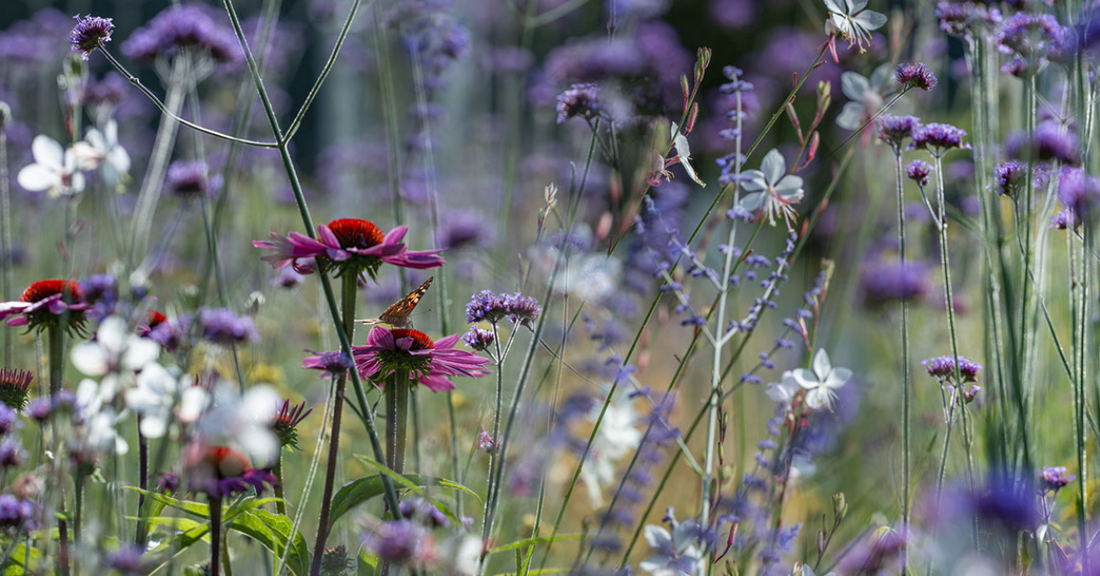
Would you like to redesign or add to your garden? Are you feeling overwhelmed by the choice of plants at your garden centre, and unsure of what to pick? Gardening and landscaping provide excellent opportunities both to enhance our outside spaces and create wonderful ecosystems in urban settings. I’ve tried to evaluate the way I plant and landscape our garden to create a little haven for wildlife.
I have put together a list of some plants to choose to support birds and wildlife – how many do you have?
1. Roses
A tall shrub or climbing rose can give your wild birds some protection – they also love the to eat the little fruits (hips) that some roses produce after flowering. Wild roses will also support wildlife – try to opt for single roses to tempt insects in. Search David Austin for a list of hip-bearing roses, including:
- Malvern Hills
- The Lark Ascending
- Scarborough Fair
- Tottering-By-Gently
- Shropshire Lass
- Morning Mist
2. Native Hedging
Planting a close-knitted, mixed, native hedge and leaving it to grow is one of the very best things you can do to look after your birds and wildlife, providing a huge range of birds with variety of habitats and food sources. If you allow the bottom of your hedging to become overgrown with grasses and flowers it will form a fertile and rich habitat for all kinds of insects for the birds to enjoy too. The more you can avoid interfering with the hedge area the better, so perhaps choose a spot far away from the house and only prune every couple of years, avoiding times when birds are nesting. Why not add:
- Buckthorn
- Blackthorn
- Hazel
- Sweet Briar
- Hawthorn
- Wild Roses
- Elder
3. Wildflowers
Long grasses and native wildflowers attract insects (importantly bees) and birds, encourage diversity and are easy to maintain. You don’t need to commit to re-wilding the whole garden – just a small border planted with wildflowers or a patch of unmanicured, longer grasses can make a huge difference – you can even grow wildflowers in your flower beds amongst your shrubs and perennials. Blends of seeds can be bought in coordinated colours or you can go for a more diverse mix, and over the seasons new seedlings will add themselves for you to enjoy. We stock the fantastic Seedball tins which are really easy to use - just pop the ball where you want your wildflowers to grow and water them well.
4. Native Trees
In the natural environment the woodland edge is an amazingly diverse and rich environment for birds. Most of us don’t have room for a woodland area in our gardens, but we can find room for some smaller trees which provide birds with food and nesting spots away from predators. Fruit trees have the added bonus of food to harvest in Autumn and beautiful blossom in Spring too. Try planting:
- Apple
- Crab apple
- Rowan
- Oak
- Pine
- Holly
- Cherry
5. Shrubs
Most shrubs hold some value for birds – even just for protection near a bird feeder. Why not plant
- Barberry
- Firethorn
- Buddleja
- Dogwood
- Virburnum opulus
- Cotoneaster
6. Flowering Plants
If you can encourage insects into your garden, you will in turn attract insect eating birds. Make sure your never use pesticides to avoid contamination. Choose some of the plants below:
- Yarrow
- Golden rod
- Honesty
- Lavender
- Lemon balm
- Honeywort,
- Sunflowers
- Foxgloves
- Coreopsis
- Cornflower
- Dill
- Alyssum
- Iberis,
- Thistle
- Daisies
- Tobacco plant
- Nepeta
8. Fruit
As we become more self-sufficient, many of us are planting fruit for ourselves. It is also worth adding a couple of plants for the birds, who will enjoy the berries. Bird netting is vital to protect the fruit you want to eat yourself, but try adding extra of the plants below:
- Gooseberries
- Blackcurrants
- Blackberries
- Redcurrants
- Strawberries
Add a pond
It’s not technically something you can plant, but a pond is a wonderful addition to any garden, giving birds a source of drinking water and a place to bathe and inviting in a host of insects and wildlife which will give your garden ecosystem another level.
Don’t be too quick to prune and tidy
Insects can make homes for themselves over winter in the hollow stems of perennials that have gone over, and when we tidy everything up we destroy these little habitats. If you’re willing to leave as much pruning as you can until spring, you will be doing many species a big favour. When you do cut back, pile any cuttings you don’t compost in an unobtrusive area of the garden to benefit wildlife. Always check through long grass before cutting with a mower too.
It's also essential to avoid using pesticides and weed killers in your garden. These chemicals can harm beneficial insects, like pollinators, and reduce food sources for birds. Instead, let nature do the work for you. Birds are excellent at pest control, particularly when it comes to insects like aphids. To suppress weeds naturally, try planting ground-covering species like creeping thyme or clover. Not only will these plants help with weed prevention, but they also offer a food source for birds and insects, creating a more sustainable and wildlife-friendly garden environment. You can learn more about recruiting the birds as a natural pest control method in this blog post.
The more you give your garden over to nature, the more the wildlife will benefit – it is very possible to have a productive and satisfying garden that its beautiful to look at and a resource for wildlife too.

